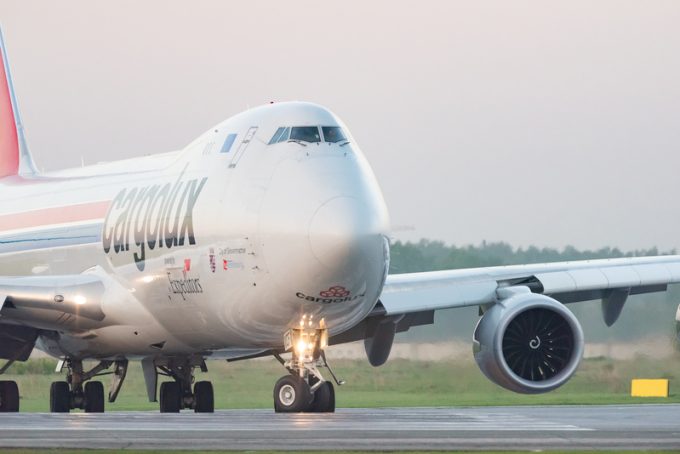Latest Israeli attack on Iran a threat to box ships in Straits of Hormuz
Commercial shipping in the Middle East may face a new threat after a wave of ...

2023 might not have been Cargolux’s best-ever result: but it’s the one CEO Richard Forson is most proud of.
$286m is not a profit to be sniffed at for a freighter operator: although it is significantly lower than 2022’s record $1.6bn, and 2021’s $1.3bn.
But as Mr ...

Comment on this article